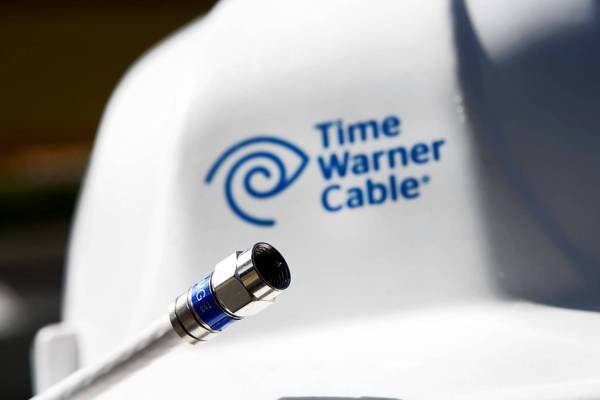In the past we’ve often marveled at how quickly real competition can get incumbent ISPs to really up their games. Our latest example, via Redditor Xeppo, is Time Warner Cable’s vow to “transform TV and Internet experience in the Charlotte area.” Not coincidentally, Charlotte is one of the markets where Google Fiber this year announced it’s expanding to.
RELATED: Time Warner Cable out-Comcasts Comcast, calls customer a ‘c**t’ in letter
“The Internet transformation will begin this summer and will include speed increases on TWC residential Internet plans at no additional cost, with customers experiencing increases up to six times faster, depending on their current level of Internet service,” writes TWC in its announcement. “For example, customers who subscribe to Standard, formerly up to 15 Mbps, will now receive up to 50 Mbps, customers who subscribe to Extreme, formerly up to 30 Mbps, will now receive up to 200 Mbps; and customers who subscribe to Ultimate, formerly up to 50 Mbps, will receive up to 300 Mbps, at no extra charge.”
We’ve clearly come a long way since 2013, when TWC was still saying it didn’t plan to build out fiber to the home because there’s no evidence that American consumers actually want super-fast networks.
All the same, there’s something about this that’s actually grating. It seems that TWC can very quickly boost its Internet speeds when it faces actual competition. When it doesn’t face such competition, it proudly drags its feet. Just think about how much better U.S. wireline Internet service would be if we had this kind of competition in every market.






